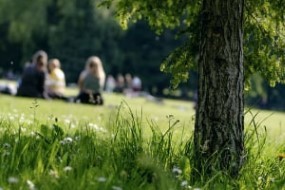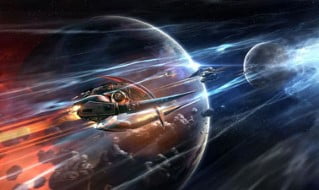Diploma in Ecology and Society
In this free course in Ecology and Society learn about the ecology of human societies and the connections between ecological and human socio-cultural processes.
How the world is facing an ecological crisis is described in this free online course in ecology and society. Experts from around the world state that if humanity does not act to protect the natural environment, the result will be catastrophic for human society. This course is designed to raise awareness about these global issues while analyzing how societies interact with the environment at a social and cultural level.
What You Will Learn In This Free Course
Introduction to Ecology and Society
In this Module, you will be introduced to the field of Ecology and the impact that The Environmentalism Movement has had in protecting the environment.
Cultural Ecology
In this Module, you will learn about Cultural Ecology as you study the relationship between a community’s environment and the emergence of their cultural values. You will also learn how the environment and culture have an impact on the economy.
Human Ecology
This Module will discuss the emergence of Human Ecology as a field of study as a result of damage caused to the environment due to human activity. This Module will also discuss the theoretical history of Human Ecology starting from a theory known as Environmental Determinism.
Ecology and Society – First Assessment
This assessment enables you to review your learning so you can determine your knowledge and understanding of Modules 1 to 3 of the following course: ? Diploma in Ecology and Society.; Module
Ecological Anthropology
This Module will discuss how Ecological Anthropology presents different methodologies and models to explain a society’s cultural adaptation to the environment.; Module
Culture and Nature
This Module will discuss how Nature means different things to different people, in different places; and how anthropologists debate whether Nature is a construct of Culture or if Culture is the product of Nature.; Module
Conceptions of Nature and Boundaries of Culture
This Module will discuss how humans interact with Nature through their cultural beliefs and how Human Ecological Evolution is both the product of Nature and Reason.; Module
Ecology and Society – Second Assessment
This assessment enables you to review your learning so you can determine your knowledge and understanding of Modules 4 to 6 of the following course: ? Diploma in Ecology and Society.; Module
Course assessment
User Reviews
Be the first to review “Diploma in Ecology and Society”
You must be logged in to post a review.







There are no reviews yet.